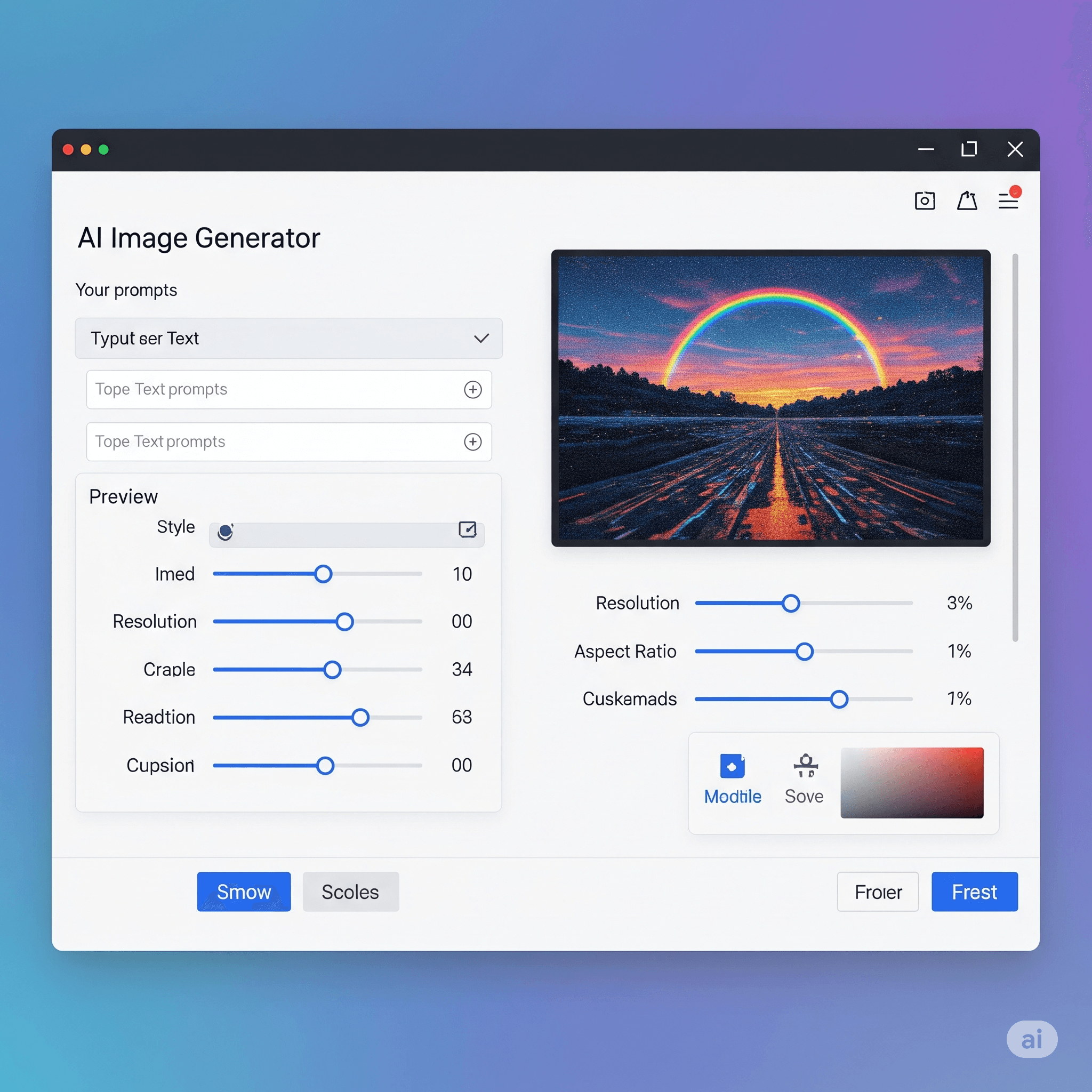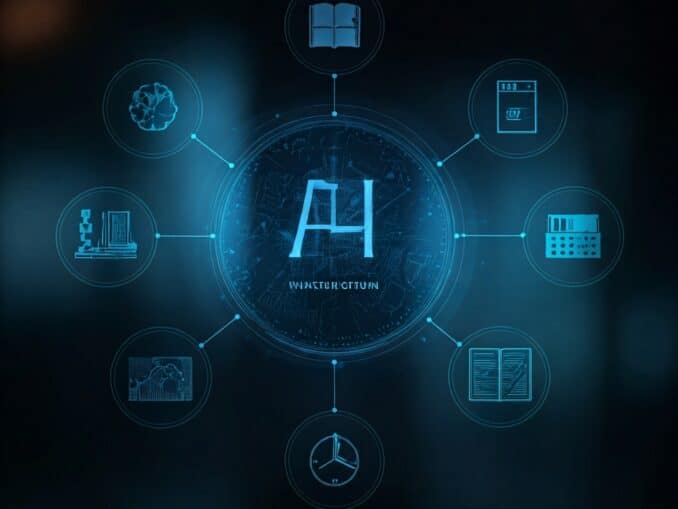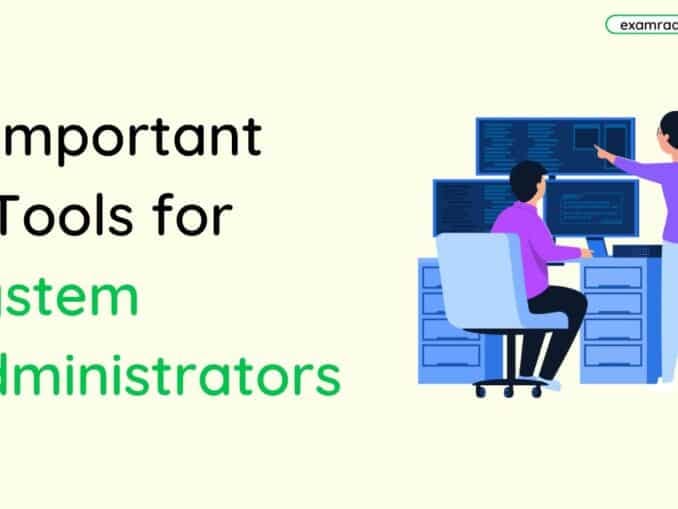Question: Each computer connected to the internet must
Answer:
Each computer connected to the internet must have an IP address. An IP address, which stands for Internet Protocol address, is a unique numerical label assigned to each device that is connected to a computer network using the Internet Protocol for communication.
There are two types of IP addresses:
1. IPv4 (Internet Protocol version 4): This is the most widely used type of IP address. It consists of a series of four sets of numbers separated by periods (e.g., 192.168.0.1). IPv4 addresses provide a limited number of unique combinations, which has led to the adoption of IPv6.
2. IPv6 (Internet Protocol version 6): IPv6 addresses were introduced to overcome the limitation of IPv4 addresses. They consist of a series of eight groups of alphanumeric characters separated by colons (e.g., 2001:0db8:85a3:0000:0000:8a2e:0370:7334). IPv6 addresses provide a significantly larger pool of unique addresses.
Every computer connected to the internet, whether it is a personal computer, server, or any other networked device, must have a unique IP address to enable communication and identification on the internet.
MCQ: Each computer connected to the internet must
Explanation:
Each computer connected to the internet must have an IP address. An IP address, which stands for Internet Protocol address, is a unique numerical label assigned to each device that is connected to a computer network using the Internet Protocol for communication.
There are two types of IP addresses:
1. IPv4 (Internet Protocol version 4): This is the most widely used type of IP address. It consists of a series of four sets of numbers separated by periods (e.g., 192.168.0.1). IPv4 addresses provide a limited number of unique combinations, which has led to the adoption of IPv6.
2. IPv6 (Internet Protocol version 6): IPv6 addresses were introduced to overcome the limitation of IPv4 addresses. They consist of a series of eight groups of alphanumeric characters separated by colons (e.g., 2001:0db8:85a3:0000:0000:8a2e:0370:7334). IPv6 addresses provide a significantly larger pool of unique addresses.
Every computer connected to the internet, whether it is a personal computer, server, or any other networked device, must have a unique IP address to enable communication and identification on the internet.
Discuss a Question
Related Questions
- 1. To change [email protected] to an IP address, we should use the _______ domain in the DNS protocol.
- 2. IP address is currently
- 3. To change [email protected] to an IP address, we should use the _______ domain in the DNS protocol
- 4. IP addresses are converted to
- 5. To change an IP address to [email protected], we should use the _______ domain in the DNS protocol.
- 6. Internet addresses must always have at least (i) a country name or organization type (ii) internet service provider’s name (iii) name of organization (iv) name of individual (v) type of organization
- 7. What is Electronic Commerce (e-commerce)?
- 8. What is Packet switching ?
- 9. For carrying out B2B e-Commerce the following infrastructure is essential:I. World Wide Web II. Corporate network III. Electronic Data Interchange standards IV. Secure Payment Services V. Secure electronic communication link connecting businesses
- 10. Usually TCP/IP uses the services of _________ before using any other application program
You may be interested in:
Web Fundamental MCQs






